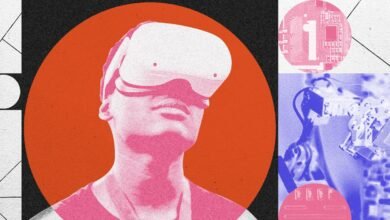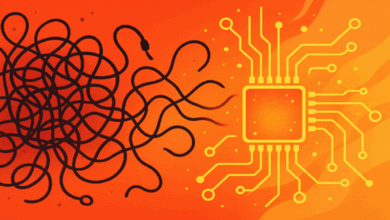Jack Dongarra Predicts the Future of Supercomputing

▼ Summary
– Quantum computing is still in its early stages, with current hardware being primitive and producing probability distributions rather than exact answers.
– The field is currently overhyped, which may lead to disillusionment before it matures, similar to past cycles in AI development.
– Quantum computers are highly sensitive to disturbances and prone to faults, requiring significant advancements in error resistance for practical use.
– There is a lack of effective quantum algorithms and supporting infrastructure, limiting the technology’s current capabilities.
– Quantum systems are unlikely to replace traditional computers soon but may augment them, much like GPUs enhance supercomputers today.
Quantum computing holds immense potential, but experts caution that the technology remains in its early stages with significant hurdles to overcome. While quantum hardware exists today, these systems are still rudimentary compared to traditional digital computers. Unlike conventional machines that deliver precise answers, quantum computers produce probability distributions, requiring multiple runs to narrow down potential solutions rather than providing definitive results.
The current enthusiasm surrounding quantum computing may be premature. History shows that emerging technologies often face cycles of inflated expectations followed by disillusionment before finding practical applications. Artificial intelligence followed this pattern, enduring periods of skepticism before becoming the transformative tool it is today. Quantum computing will likely undergo a similar “winter,” where initial excitement fades before researchers develop meaningful breakthroughs.
Technical challenges remain a major barrier to widespread quantum adoption. These systems are notoriously fragile, susceptible to errors from even minor environmental disturbances. Without robust error-correction methods, quantum computers cannot reliably perform complex tasks. Additionally, the field lacks sufficient quantum algorithms, specialized programs needed to harness the technology’s full potential. Until these gaps are addressed, quantum computing will remain experimental rather than practical.
The transition from traditional supercomputers to quantum systems won’t happen overnight. Modern high-performance computing relies heavily on digital architectures, often enhanced by accelerators like GPUs. These components excel at specific tasks, evolving from graphics processing to broader computational roles. For now, quantum computers are more likely to complement rather than replace classical systems, handling niche problems where their unique capabilities provide an edge.
While quantum computing’s long-term impact remains uncertain, one thing is clear: the technology is still decades away from mainstream integration. Experts doubt that consumer-level quantum devices, such as quantum laptops, will emerge anytime soon. Instead, the focus remains on refining hardware, developing algorithms, and building the necessary infrastructure to support this revolutionary, but still immature, field.
(Source: Wired)





